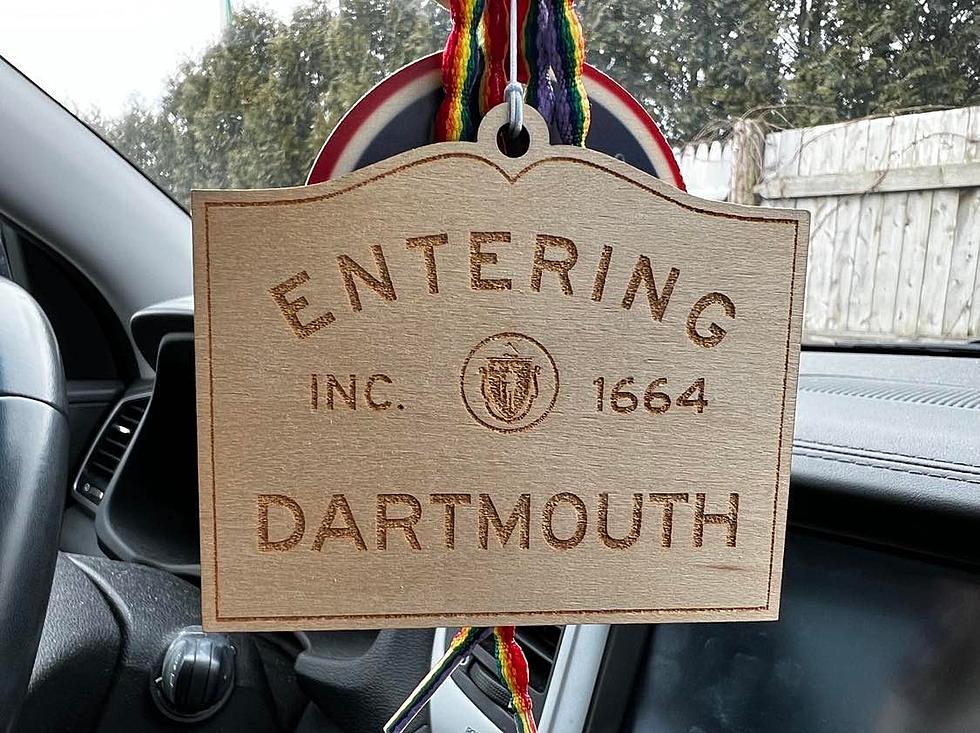
Chief Massasoit Sold Dartmouth to the Pilgrims for How Much?
With the average home in Massachusetts selling for about $600,000, it is mind-blowing to think about how little the Pilgrims paid for the land that would become Old Dartmouth.
When the Pilgrims established Plymouth Colony in 1620, there weren't many Europeans around these parts. There were European settlements in the New World before Plymouth, but most were not as successful as Plymouth.
Eventually, the Pilgrims' success would lead many more Europeans to establish new colonies in the region, resulting in a confederation of the various settlements in Southern New England, referred to as the United Colonies of New England.
The Europeans who settled in this region were mainly English. Before their arrival, French settlers visited the area spreading disease and death among the many native tribes that inhabited the area. Many Native American tribes were made extinct or were severely reduced in number by illness for which they had no immunity.

The Pokanoket Tribe was one such tribe sharply reduced in number by diseases introduced by European settlers. The Pokanoket, based in what is today Warren, Rhode Island, befriended the Pilgrims and formed a military alliance that allowed the tribe to defend against their enemy, the Narragansett.
As a result of that alliance, the Pokanoket was able to recover, grow and prosper.
As the European settlers began to expand beyond the borders of their colonies, the Pilgrims convinced Pokanoket Sachem (or Chief) Massasoit to sell them land that would later be called Old Dartmouth. The City of New Bedford and the Town of Westport would break off from Old Dartmouth in later years.
In his book Mayflower, author Nathaniel Philbrick wrote that in 1652, Massasoit and his son Wamsutta sold the future site of Dartmouth for "thirty yards of cloth, eight moose skins, fifteen axes, fifteen hoes, fifteen pairs of shoes, one iron pot, and ten shillings' worth of assorted goods."
Philbrick stated that two years earlier, Massasoit sold "196 square miles of what became modern Bridgewater for seven coats, nine hatchets, eight hoes, twenty-nine knives, four moose skins, and ten and a half yards of cotton."
Who do you think got the better deal?
Look Inside This Gorgeous Dartmouth Barn-Turned-Mansion
Step Inside this Turn-of-the-Century Waterfront Home in Dartmouth
More From WBSM-AM/AM 1420









